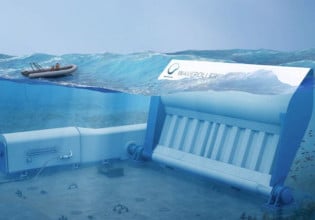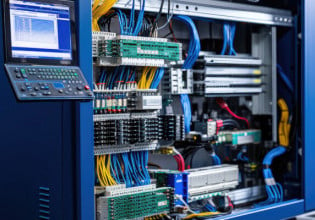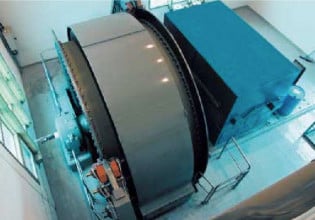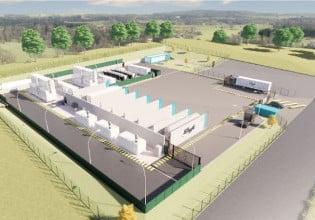Semiconductor Research Corporation today announced that Analog Devices, Inc. (ADI) has joined SRC's hardware cybersecurity research program called Trustworthy and Secure Semiconductors and Systems (T3S). T3S is a new SRC targeted research effort aimed at developing cost-effective strategies and tools to design and manufacture chips and systems that are reliable, trustworthy, secure and resistant to attack, tampering or counterfeiting. With the emergence of the Internet of Things, the increasing reliance on connected mobile and embedded devices, and the lengthy and global supply chain, the ability to provide assurance that hardware systems do what they are intended to and nothing else is more important than ever.
“Semiconductors are key enablers to the innovation and economic growth potential embodied in the next wave of information and communications technology where all manner of physical phenomena and digital devices are sensor-equipped and connected. The magnitude of this wave will depend in large part on the semiconductor industry’s ability to offer the assurances of security and reliability to customers. We see the SRC T3S program as an excellent, research, university-based program that will develop tools and design methods to secure the distributed sensor networks of the future,†said Samuel H. Fuller, Vice President of R&D at Analog Devices.
“We are pleased to have Analog Devices participating in the T3S program as we work to develop techniques and tools that provide assurance to customers across the entire supply chain,†said Celia Merzbacher, SRC Vice President for Innovative Partnerships.
T3S is collaborating with the National Science Foundation (NSF) to jointly fund university research on Secure, Trustworthy, Assured and Resilient Semiconductors and Systems (STARSS). This collaboration substantially increases the impact of the T3S investment and enhances the value of the federal program by utilizing funding and connecting industry and academia. Last year STARSS announced a first set of projects at 10 universities totaling approximately $4 million and is in the process of selecting a second round of proposals to begin in late 2015.






